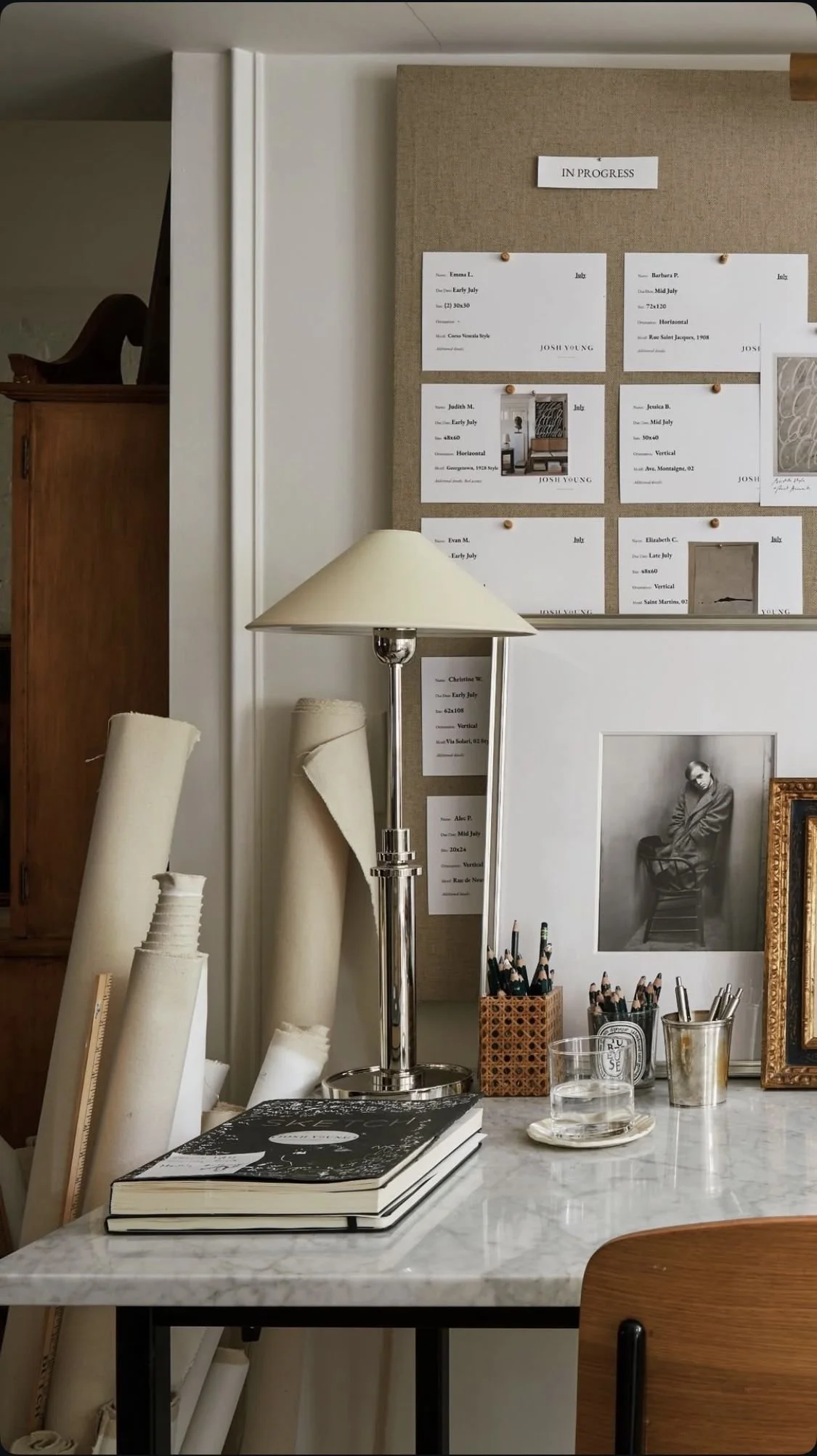5 Things to Keep in Mind When Planning Any Small Event
Now that socializing is coming back (or is it?) small events are a great way to see people with less risk than larger crowds and break up the monotony of the everyday. They can also be a great way to network, build your personal brand, or even find new clients. Small events don't have to be boring or stuffy—they can be pretty fun! However, planning an event requires some prep time and consideration of several factors. If you're thinking about throwing your small event but aren't sure where to start, keep reading for our top five things you should keep in mind when planning a small event.
Have enough outlets
Electrical outlets are one of the most overlooked aspects of an event. Be sure that you have enough outlets for the event, the correct type of outlets (i.e., those compatible with your electrical equipment), and that you've mapped out where each one will be placed. You don't want to run out of outlets at the wrong time or put your equipment at risk due to faulty wiring. Electrical outlets are often used for things like lights, speakers, and even coffee machines, so be sure you have enough outlets for everything you need. If you're unsure how many outlets you'll need, you can always ask someone at the space where you're hosting your event to help you figure it out.
Have a plan B
When planning an event, it's essential to have a plan B if something goes wrong. This could be something as simple as a vendor not showing up at a food or drink event or something more serious such as faulty wiring. Having a plan B can help you avoid any major mishaps, but more importantly, it can also help you save face. If a vendor doesn't show up, you can either find a replacement vendor or plan to do without the product or service in question. If faulty wiring is discovered, it's best to end the event early rather than risk anyone getting hurt or damaging any of your equipment. Be sure to let your guests know that the event has been cut short due to unfortunate circumstances, and offer to take care of their tab if applicable.
Additional food and drink
Food and drinks are an essential part of any event, but what if your guests don't eat certain foods or drink certain beverages? Don't panic! Having a variety of food and drinks is important. Still, it's also important to have different food and drink options, such as a vegan or gluten-free food option and a non-alcoholic beverage. Having a variety of options will please most guests, but it's also important to have a few additional options if your guests have more specific needs or dietary restrictions.
Payment options
This one may seem a bit obvious, but it's essential to consider how you will accept payment for the event, especially if it's a networking or small workshop event. You may want to accept cash, or you may want to accept credit cards. You may even want to accept both. If you plan on taking credit cards, it can be easier to hire an event pos system if your current setup can't handle these options, and make sure that you're aware of any fees associated with this.
Extra miscellaneous supplies
Finally, it's crucial to think about supplies you may not have initially thought of. Ensure that you have the supplies you need to clean up after the event, and if you need additional items, be sure to add them to your shopping list. This may include paper towels, cleaning supplies, or even extra toilet paper. It's also good to have a first aid kit on hand, just if someone gets hurt. Be sure to include standard bandages and pain relievers.




